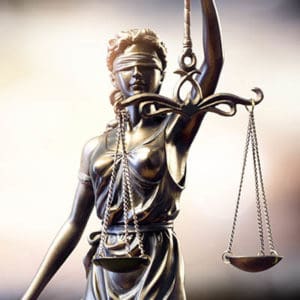
Every trial lawyer prefers a juror who will help and not hurt their client’s case. Probably not a huge revelation, right? But there are still rules. Lawyers can’t just start striking potential jurors in a lawsuit for any old reason. That kind of thing would lead to incredibly imbalanced juries that don’t end up representing the community that the parties come from, which should always be a goal of our justice system: to have “a jury of one’s peers.” When it comes to improper reasons to strike a juror, there are few bigger than race, ethnicity, or gender. Even the U.S. Supreme Court agrees that striking a potential juror just for reasons of race, ethnicity, or gender is completely improper. Does it still happen? Probably. Unfortunately.
That’s why I was really happy to see that recently, our state of Washington is once again leading the country in an attempt to fix the problems with our legal system. Just a few weeks back, the Washington Supreme Court issued a new rule for jury selection called “General Rule 37.” In a nutshell, if one of the lawyers suspects a juror is being excused from hearing a case by the other lawyer even partly because of the juror’s race or ethnicity, the court gets to ask, “What would an objective observer think here?” and strike down the excusal. (The rule says nothing about gender but we assume the same exercise applies.) This means the court gets to dig deeper than ever before on whether the strike was the result of implicit or even subconscious bias. For example, a juror might give a “dirty look” to one of the parties, and get excused. But if two jurors gave dirty looks, and the only one excused by one of the lawyers is a minority, the court will have this conversation with the lawyers.
We should all care about this new rule because it’s no longer necessary to prove that a juror was intentionally excused because of their race or ethnicity. As you might imagine, that’s a hard thing to prove. But under the new rule, if a judge thinks someone looking at the facts from the outside could that race or ethnicity was the reason for excusing someone from hearing the case, that juror can’t be excused. It doesn’t mean they’ll be automatically picked to hear the case, but they won’t be shown the door automatically either. It’s a big step in the right direction.
To learn more, check out the full rules.
